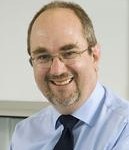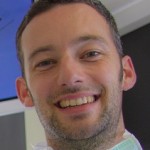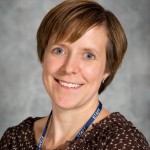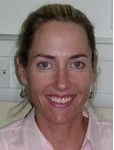 As there are lots of education conferences likely to be of interest to staff in FMS, it is hard to provide comprehensive listings of them all but here are some of the most important ones.
As there are lots of education conferences likely to be of interest to staff in FMS, it is hard to provide comprehensive listings of them all but here are some of the most important ones.
In medicine and dentistry there are long-established associations (AMEE, ASME and ADEE to name but a few) that organise annual or more regular conferences. Many staff attend these events already but we advertise them here to encourage anybody, but especially new staff, who may not be familiar with the work of these associations, to encourage them to attend if they are relevant to their work.
Association for Medical Education in Europe
Annual conference: Barcelona, 27th-31st August, 2016
Association for the Study of Medical Education
Annual conference: Belfast, 5th-8th July 2016
Annual conference: Barcelona, 30th August -2nd September 2016 (provisional)
Many professional bodies have active education committees and also organise educational symposia as part of their scientific meetings. The Physiological, Anatomical Society, British Pharmacological and Biochemical Societies are all active in this regard. These education events are usually well-attended but informal events and provide good opportunities, within a supportive environment, for dissemination of T&L projects. Again I would encourage staff to attend meetings relevant to their area of interest as they can be a good source of ideas and to become involved, as a number of you already are, with the educational activities of your own professional bodies.
The Physiological Society
Annual conference: Venue and Date to be announced but likely to be early July 2016.
The British Psychological Society
Annual Conference: Nottingham, 26th to 28th April 2016
Then there are the large national and international educational conferences. Two of these stand out as being especially significant, ECER (the conference of the European Educational Research Association) and BERA Conference (British Educational Research Association). One of the things that I hope might arise as an output from EQUATE is an FMS contribution to one or other of these meetings.
British Educational Research Association
Annual conference: Venue and Date to be announced but likely to be mid September 2016.
European Educational Research Association
Annual Conference: Dublin, 28th August 2016
Look out for reminders from ERDP for future conference submission deadlines. Also, if you know of a conference that you think might be of interest to others please let us know and we will advertise it through the newsletter.
Professor Steve McHanwell, Director, ERDP.
 has been appointed chair of a new ADEE pan-European special interest group in clinical skills teaching that will run over 3 years. The aims for the first meeting are:
has been appointed chair of a new ADEE pan-European special interest group in clinical skills teaching that will run over 3 years. The aims for the first meeting are:



